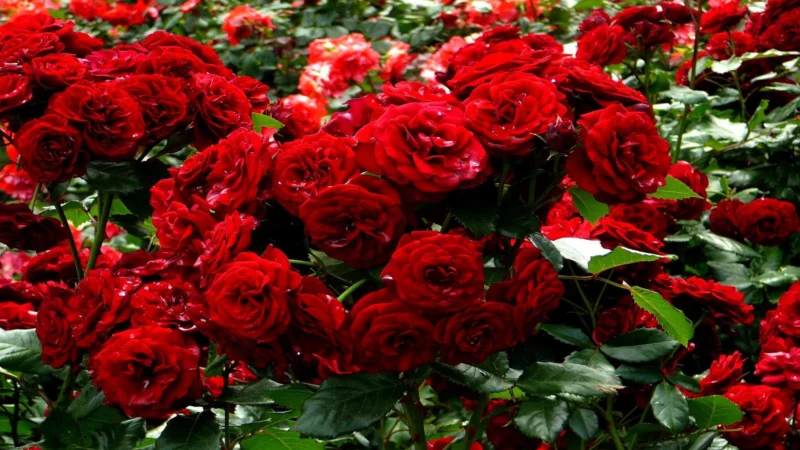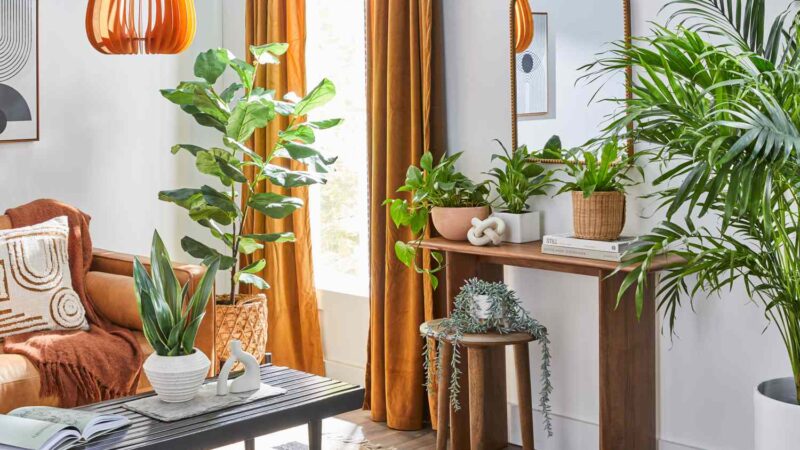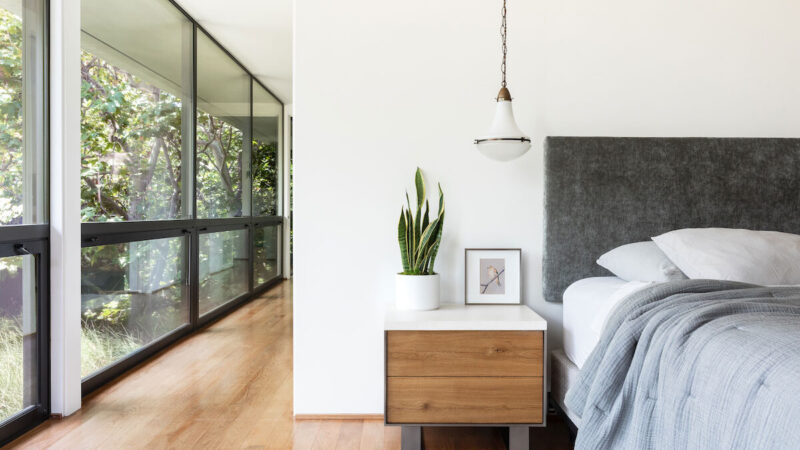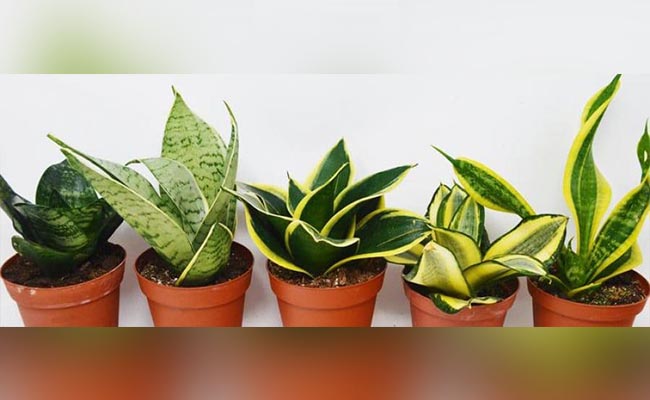Houseplants That Boost Your Mental Well-being Based on Your Needs
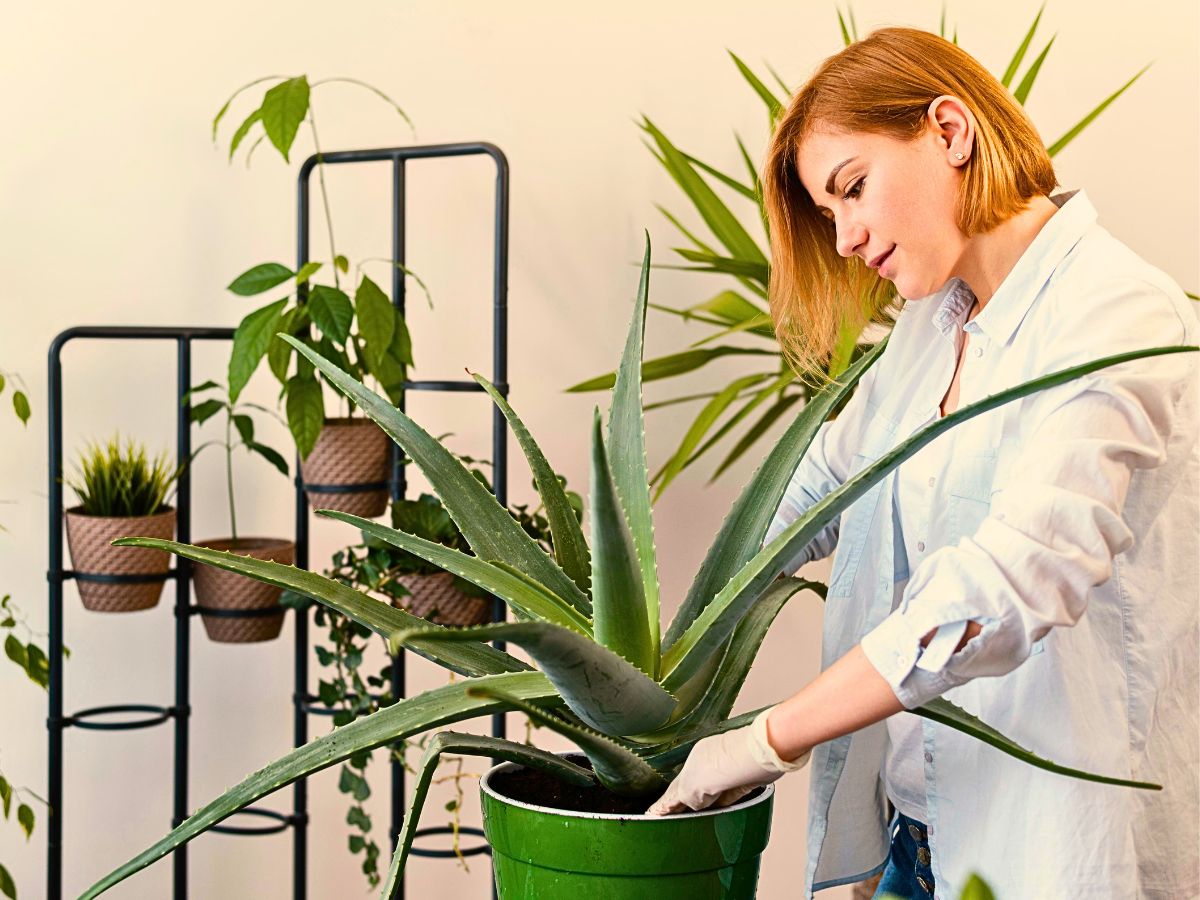
Houseplants are more than just a way to beautify your home. They are living reminders to take care of yourself, offering emotional support and mental clarity. If you’re looking for plants that not only add a touch of nature to your space but also help improve your mental health, here are five easy-to-care-for houseplants to consider—each one tailored to specific emotional needs.
1. Aloe Vera: A Reminder to Let Go of Toxicity
Aloe vera is more than just a popular plant for its healing properties. This low-maintenance plant symbolizes personal growth and the release of negative energy. Aloe vera can purify the air, and its ability to heal cuts and wounds can serve as a reminder to let go of emotional wounds or toxic relationships that are holding you back.
Why It’s Good for You
Aloe vera is perfect for those who give a lot of themselves emotionally and need a reminder to nurture themselves. Trimming dead leaves during repotting mirrors the process of letting go of what no longer serves you, creating space for new growth.
Care Tips
Aloe vera thrives in indirect sunlight and needs minimal care. Place it in your kitchen or bathroom to help filter out harmful chemicals. Water it once a week, ensuring the soil is dry between waterings.
2. Lavender: A Soothing Reminder to Slow Down
Lavender is a calming, fragrant plant that helps reduce anxiety, improve sleep, and promote relaxation. Its gentle purple flowers and soothing aroma are perfect for anyone who needs to remind themselves to relax and take a step back from the busyness of life. Lavender’s scent is often used to create a peaceful atmosphere, making it ideal for stress relief.
Why It’s Good for You
Lavender is a perfect companion for those who often forget to unwind. It can help reduce stress levels and bring you back to a calm, present state. It’s not just for your space—use its calming properties to aid in your beauty routine or as an essential oil to wind down.
Care Tips
Lavender prefers bright areas, so place it near a sunny window or on your nightstand for a calming effect before bed. Water it only when the soil feels dry to avoid overwatering.
3. Peace Lily: A Symbol of Balance and Prosperity
The peace lily is not only beautiful but also an air-purifying plant that neutralizes harmful chemicals in your home. It symbolizes peace, tranquility, and balance, making it a great choice for those who need a gentle reminder to maintain a healthy work-life balance. Peace lilies can flourish in almost any space, from bedrooms to offices, helping improve the flow of energy and reduce stress.
Why It’s Good for You
If you’re struggling to maintain balance, the peace lily offers a quiet reminder to keep harmony in your life. Its calming presence can help soothe anxiety and promote a peaceful mindset, while also boosting productivity and mental clarity.
Care Tips
Place the peace lily in indirect sunlight in your bedroom or office. It only requires watering once a week or when the soil feels dry. Let its elegance and calmness remind you to take breaks and stay grounded.
4. Snake Plant: A Resilient Reminder to Thrive Through Challenges
Known for its toughness and low-maintenance care, the snake plant symbolizes resilience and strength. This hardy plant can survive in low-light conditions and requires very little attention, making it the perfect companion for those who need a reminder of their inner strength and ability to thrive, even during difficult times. Snake plants also help purify the air by converting carbon dioxide into oxygen at night.
Why It’s Good for You
Snake plants are great for people who may feel like they’re struggling but need encouragement to keep going. Just like the snake plant thrives with minimal care, it reminds you that you, too, can endure and overcome challenges.
Care Tips
Snake plants are extremely low-maintenance. They need little water—just enough to keep the soil moist every few weeks. Place them in any room, especially your bedroom, where they’ll purify the air and provide a calming energy.
5. Eucalyptus: A Reminder to Stay Present and Grounded
Eucalyptus is known for its refreshing fragrance and therapeutic benefits. It’s especially helpful for those who struggle to stay present, as its aroma encourages mindfulness and helps alleviate stress and congestion. Taking a deep breath of eucalyptus can instantly ground you in the moment, reminding you to focus on what you have right now, rather than worrying about the future.
Why It’s Good for You
Eucalyptus encourages a focus on the present, making it ideal for anyone who is constantly looking ahead and feeling anxious. Its uplifting fragrance can help clear your mind and make space for clarity and relaxation.
Care Tips
Eucalyptus thrives in full sunlight, so place it near a sunny window or use it as a “bath bouquet” in the shower to release its fragrance. Keep the soil regularly watered to keep it healthy and vibrant.
Bonus: The Healing Power of Nurturing Plants
Research shows that caring for plants can significantly improve your mental health. Studies indicate that surrounding yourself with greenery can lower anxiety levels, improve concentration, and even increase creativity. Caring for your plants is not just about tending to their physical needs—it’s also a form of self-care. As you nurture your plants, you’re reminded to nurture yourself, helping you grow emotionally and spiritually.
Recommendation
The Benefits of Having a Snake Plant in Your Bedroom
7 Benefits of Keeping Snake Plants In Your Home
35 Types of Snake Plant Varieties to Grow Indoors | Best Sansevierias
Step By Step Instructions to Save your Snake Plant from Root Rot
A Complete Guide to Snake Plant Care
How To Choose The Best Soil for Snake Plant
Are Snake Plants Really Toxic to Cats?
Snake Plant Flower – How to Get Your Snake Plant To Bloom
How To Propagate Snake Plant – 4 Easy Methods
Conclusion
By surrounding yourself with these plants, you’re creating a space that fosters well-being, personal growth, and peace of mind. Whether you’re seeking resilience, calm, balance, or presence, there’s a plant for you. And as you care for them, remember that each plant is a living reminder to take care of yourself too. So, add a little greenery to your space—and your life—and watch both you and your plants thrive.
FAQ
Q: What are the mental health benefits of houseplants?
A: Houseplants are known to reduce stress, anxiety, and even improve mood. Studies show that being around greenery can enhance focus, increase productivity, and promote relaxation. Caring for plants can also serve as a form of self-care, giving you a sense of purpose and fulfillment as you watch them grow.
Q: Can I keep these plants in my bedroom or living room?
A: Yes, Most of the plants listed—like the peace lily, aloe vera, and snake plant—thrive in bedrooms or living spaces. Choose locations with appropriate light levels and space for the plants to grow comfortably. Some plants, like eucalyptus and lavender, can also benefit from being placed in spots where you’ll inhale their soothing fragrances.
Q: How often should I water these plants?
A: Watering needs vary by plant:
- Aloe Vera: Water weekly, or when the soil feels dry.
- Lavender: Water when the soil is dry but avoid overwatering.
- Peace Lily: Water once a week or when the soil feels dry.
- Snake Plant: Water every 2-3 weeks, keeping the soil slightly moist.
- Eucalyptus: Water regularly to keep the soil moist, but ensure proper drainage.
Q: Can houseplants really help me manage stress and anxiety?
A: Yes, Plants like lavender and snake plants are particularly helpful in promoting calm and mental clarity. The act of caring for plants can also reduce physiological stress, encouraging a more relaxed state. Additionally, plants improve air quality and add a natural, soothing presence to your environment.
Q: How do I know which plant is right for me?
A: Consider your current emotional needs:
- If you need a reminder to let go of toxic influences, go for aloe vera.
- For relaxation and calm, lavender is a great choice.
- If you’re seeking work-life balance, try the peace lily.
- For strength and resilience, snake plants are ideal.
- If you need a reminder to stay present, eucalyptus will help ground you.
Q: How do I care for lavender and other aromatic plants?
A: Lavender needs a sunny spot and should be watered when the soil feels dry. Ensure good air circulation and avoid excess humidity. For other aromatic plants like eucalyptus, place them near sunlight and remember to water them regularly, ensuring the soil doesn’t get too soggy.
Q: Do I need special equipment or soil for these plants?
A: Most of the plants listed can be grown in regular indoor potting soil. However, make sure the pots have good drainage to prevent waterlogging. For plants like aloe vera and snake plants, well-draining soil is especially important to avoid root rot.
Q: Can I use the benefits of essential oils from these plants in my home?
A: Yes, Many of these plants, like lavender and eucalyptus, have essential oils that can be used in diffusers or applied topically (with caution and dilution). Lavender is commonly used to promote relaxation, while eucalyptus can help with respiratory issues. However, always check for any skin sensitivities or contraindications before using them directly on your skin.
Q: Can these plants improve indoor air quality?
A: Absolutely, Aloe vera, peace lilies, and snake plants are known to purify the air by removing toxins and improving oxygen levels. Keeping these plants in your home not only enhances the aesthetic but also promotes a healthier living space.
Q: What should I do if I accidentally overwater or underwater my plant?
A: Overwatering: Make sure your plant has good drainage and cut back on watering. If the roots are soggy, gently remove the plant from the soil, inspect the roots for rot, and repot it in fresh soil. Underwatering: Revive your plant by thoroughly watering it and ensuring it gets proper sunlight. Be consistent with watering, especially during the growing season.


